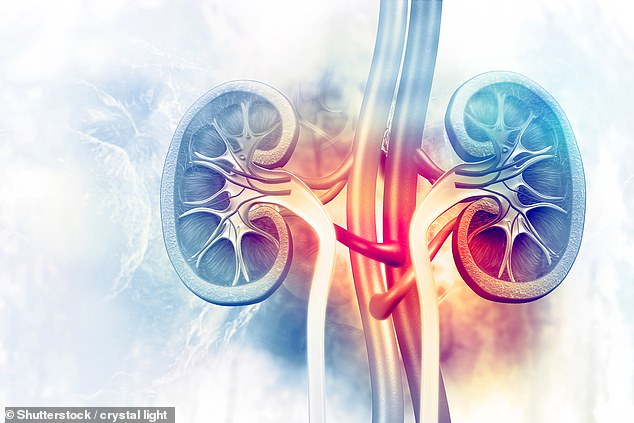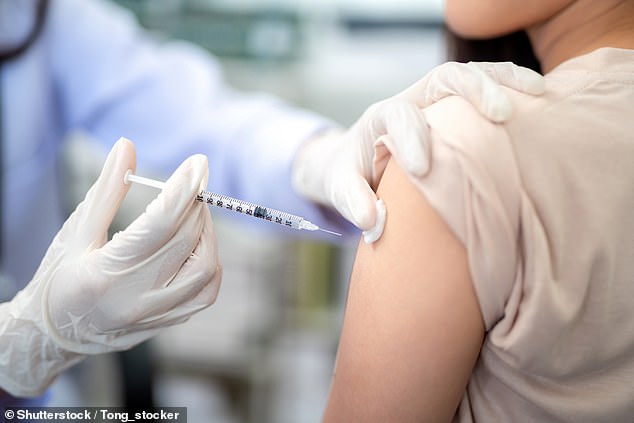A common drug used to treat kidney cancer may reduce the risk of heart attacks, a study suggests.
Scientists at the University of Cambridge found that the anti-inflammatory drug aldesleukin reduced inflammation to a similar degree as statins, thereby reducing the chances of the attack recurring.
The results were so “striking” that experts say the drug could change clinical practice and become a routine part of heart attack patient care within five to 10 years.
People who suffer a heart attack are particularly vulnerable to additional, fatal episodes because the body’s immune response can aggravate existing inflammation, causing more damage and further increasing the risk.
But researchers found that giving low doses of the drug, which is injected under the skin, reduced this effect on the affected arteries.
Scientists at the University of Cambridge have found that the anti-inflammatory drug aldesleukin reduces inflammation to a similar level as statins, reducing the chances of suffering a new attack (file photo)

The drug is commonly used to treat kidney cancer (file photo)
Ziad Mallat, professor of cardiovascular medicine at the British Heart Foundation at the University of Cambridge, said the level of reduction found was equivalent to the impact of high-dose statins, plus taking such drugs.
Presenting the findings at the European Society of Cardiology Congress in London, he said: ‘We associate inflammation with healing, a built-in response that protects us from infection and injury.
“But it’s now clear that inflammation is the culprit in many cardiovascular diseases. Early indications from our ongoing trial suggest that people treated with aldesleukin may have better long-term outcomes, including fewer heart attacks.
“If these findings are replicated in a larger trial, we are hopeful that aldesleukin could become part of routine treatment after a heart attack within five to ten years.”
Aldesleukin injections caused inflammation levels to drop 7.7 percent more than in those who received a placebo, with an 8.3 percent drop in the most inflamed arteries, the study found.
Experts believe it could be given to the 100,000 people admitted to hospital each year after a heart attack alongside existing treatments, potentially boosting survival rates.
Dr Sonya Babu-Narayan, associate medical director at the British Heart Foundation and consultant cardiologist, added: “A treatment to reduce inflammation after a heart attack could be a game-changer.”

